Sierra Leone
Sierra Leone is aiming to consolidate its democratic credentials and that of the West Africa sub region when they go to the polls on Wednesday February 7 to elect a set of political representatives.
As a general election, the process comprises, the presidential, legislative, the mayoral and local level officials.
The most keenly contested vote, however, is the presidential poll that has sixteen aspirants running (14 men and two women). The main contenders are the ruling APC party’s Samura Kamara and the main opposition SLPP’s Julius Maada Bio.
The voting process is very much like it is across Africa and parts of the world. Prospective voters will have to be on the voter roll and to present their voter identification documents or any acceptable IDs to be allowed to vote.
The process can be summarized as follows:
1. All things being equal, on arrival at a polling station a person is expected to present their voter ID to an official.
2. The National Electoral Commission chief is on record to have said aside the voters ID card, other valid national ID cards could be presented so far as a person is registered.
3. If details correspond to what is in the register, a voter is handed a presidential ballot paper. The voter goes into a booth to secretly cast their ballots and put in a transparent box. They will go through the same motion for legislative vote.
4. The means of casting vote is by thumb print, using a pen to mark by ones candidate or just ticking their box.
5. NEC has also confirmed that there is the braille option for the visually impaired and all voting centers are disability friendly.
6. Polls will be opened over an eleven-hour period, from 7am till 5pm. Counting and declaration of results will be done immediately after.
— National Electoral Commission of Sierra Leone (@NECsalone) March 7, 2018
Other facts about the process
- The voter eligibility age is 18 years and above.
- The NEC and police advises people after casting their ballots to leave the polling stations, they are free to return to observe vote counting and results declaration.
- Aside polling and security officials, registered observers and representatives of candidates are the only group of people allowed to remain at the station during the voting process.
- Political material on the day of vote and at polling centers is prohibited and a person can only vote if he/she shows up physically – proxies are not allowed.
- A person is entitled to just one ballot paper, if damaged for whatever reason there will be no replacement.
- A presidential aspirant need 55% of votes cast to win a first round vote. It no candidate makes the mark, a runoff vote is scheduled.
- In the case of the legislative polls, it is a case of first past the post winning the seat.



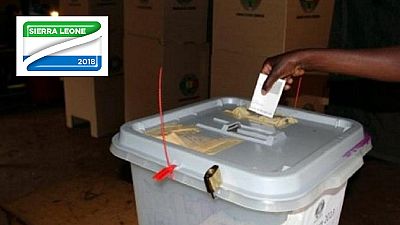

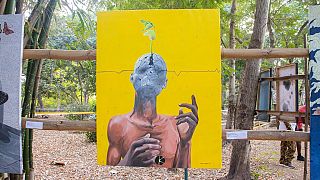

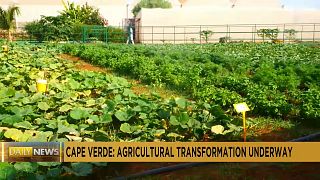
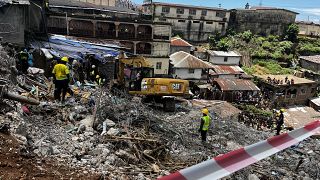
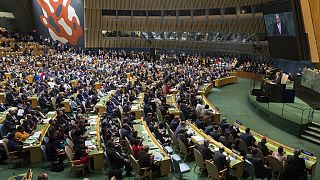
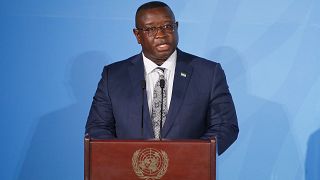
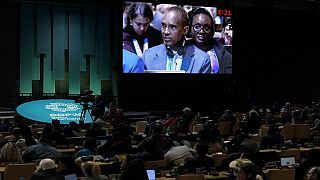
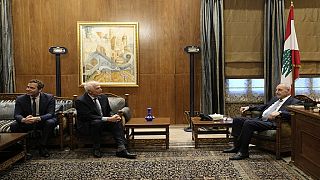
00:58
Somaliland opposition leader wins presidential poll
02:20
Abuja festival focuses on African culture in the digital age
01:10
Voters head to polls in Somaliland as leaders hope for global recognition
01:11
Chad's electoral body disqualifies senior ruling party official
01:44
Mauritius heads to the polls in wake of wiretapping scandal
02:19
Germany exhibition aims to broaden understanding of Africa through art